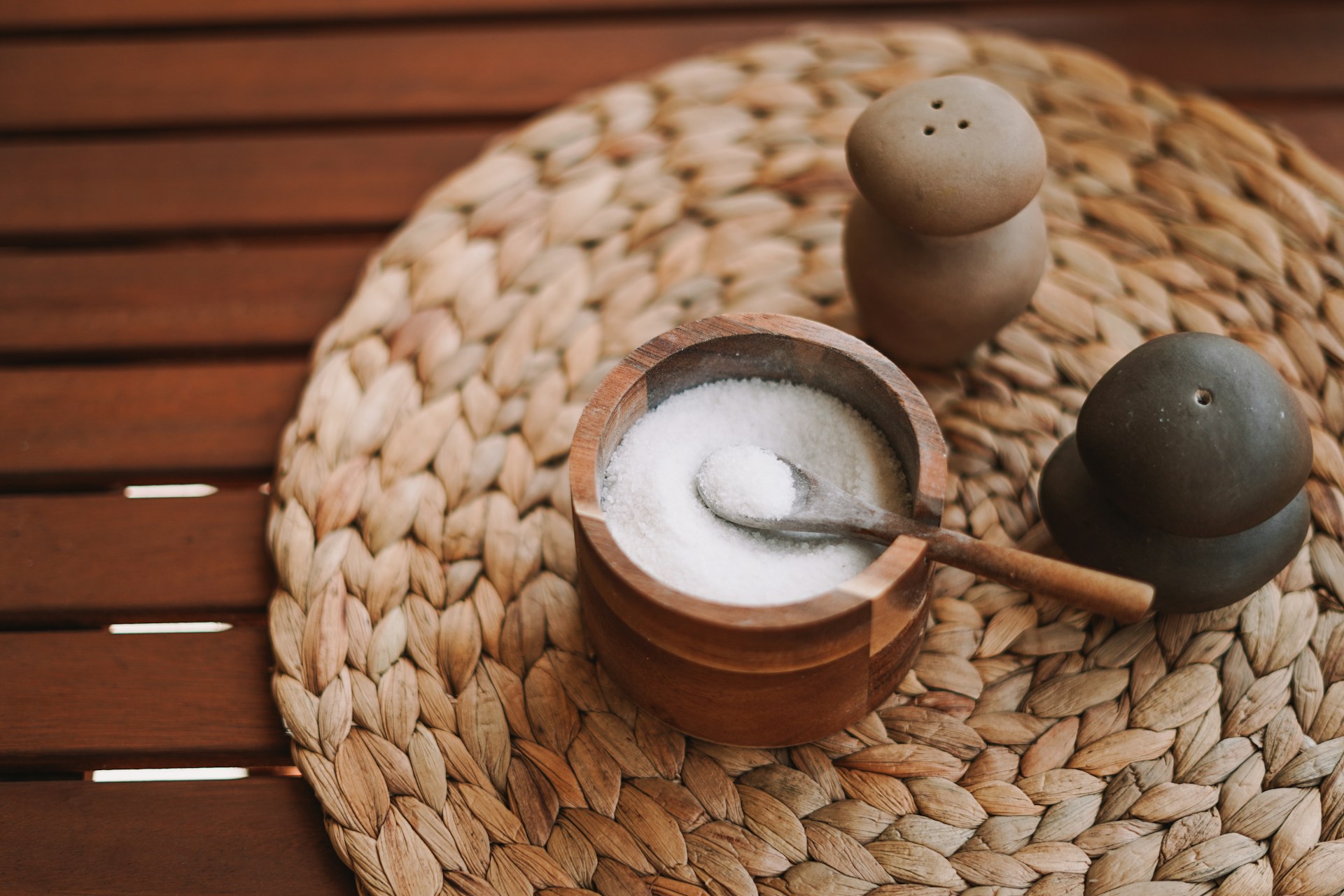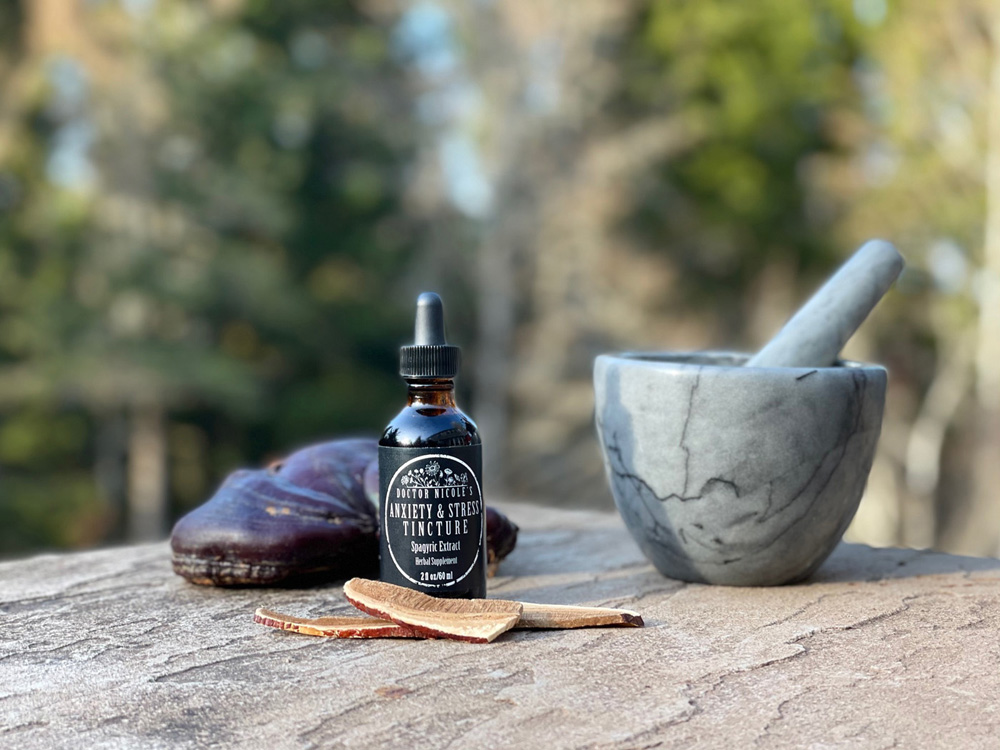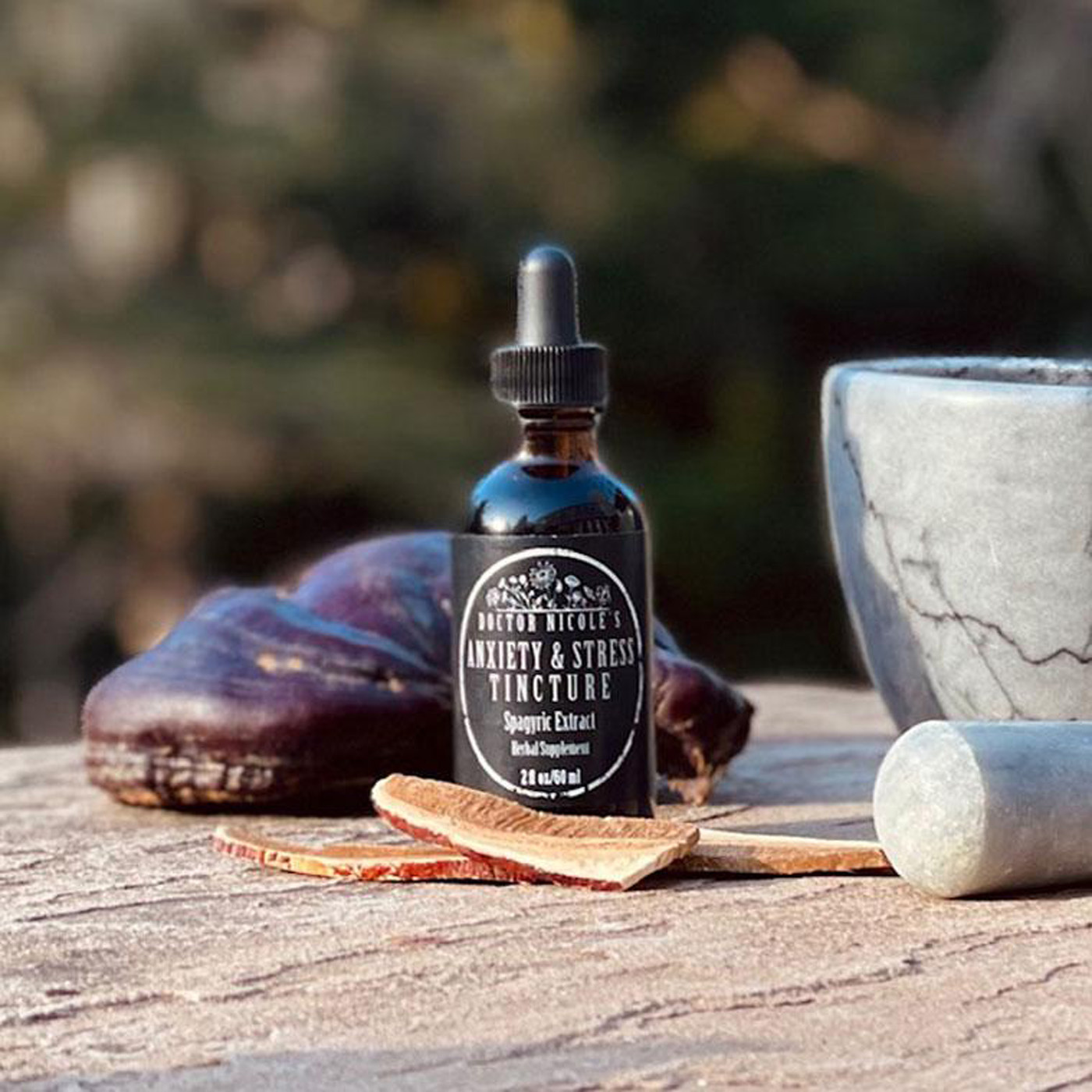How This Common Ingredient May Quietly Sabotage Your Mood
Most of us are aware of the importance of a healthy diet for overall wellbeing, including protecting us from both contagious and chronic disease, keeping energy levels high, and encouraging sound sleep. It can also support better clarity, memory, and problem-solving. What’s more, diet significantly impacts our mood and resilience to stress. However, researchers have recently discovered one dietary component that is often overlooked — yet can profoundly influence whether or not we suffer from clinical depression: salt.
The Impact of a High-Salt Diet on Mental Health
Researchers have suspected the role dietary salt plays in depression for quite some time, yet were unsure about the precise mechanism at play. But a 2025 study published in the Journal of Immunology may have solved the mystery with the discovery that production of a cytokine protein called IL-17A is triggered by a high-salt diet.1 This protein has been previously identified as a contributing factor to depression in human clinical studies.
During the 5-week experiment, mice were given either a normal diet or a high-salt diet. At the conclusion, it was noted that mice on the HSD showed sluggish interest in exploring and more inactivity than those on the normal diet, indicating depressive behavior.

Next, the team explored the role of lymphocyte populations that produce the cytokine protein and discovered that “γδT cells were likely a major cell source of the increased levels of IL-17A in the mice that received the high-salt diets”.3 Those on a HSD also experienced an increase in γδT17 cells, leading the researchers to believe these specific cells are a critical source of IL-17A production.
They also found elevated levels of IL-17A in the spleen, blood, and brain of the HSD mice, which correlated with anxiety and depression-type symptoms. Interestingly, when another group of mice was given an anti-γδTR antibody and subsequently fed a HSD, they did not develop depression-like behavior — thereby confirming the role of γδT cells and the production of the cytokine protein in depression.
“This work supports dietary interventions, such as salt reduction, as a preventive measure for mental illness. It also paves the way for novel therapeutic strategies targeting IL-17A to treat depression. We hope these findings encourage discussions on salt consumption guidelines,” said lead researcher Dr. Xiaojun Chen in a recent news release.2
High-salt intake has also been linked to damaged immunity, inflammation and multiple sclerosis, and increased levels of stress.
These findings are concerning considering the prevalence of fast and processed food, which often contains up to 100 times more salt than a home-cooked meal. Additionally, clinical depression is on the rise, impacting 15-18% of the world’s population, and is ranked among the top 10 causes of death in the United States.
If you would like to curb your salt habit once and for all for physical and mental health, have a look at this post for several tips on how to reduce your sodium levels.
Herbal remedies can also be helpful for easing depression, anxiety, and stress, while supporting cognitive health. Our Anxiety & Stress Blend is a potent formulation with concentrated extracts of Ashwagandha (Withania somnifera), Lemon Balm (Melissa officinalis), Lion’s Mane Mushroom (Hericium erinaceus), and Reishi Mushroom (Ganoderma lucidum). Let’s unpack the functional benefits of each botanical:
ASHWAGANDHA
- Adaptogenic
- Helps calm inflammation
- Soothes anxiety and depression
- Helps quiet the stress response
- Supports cognitive function, including attention, processing speed, and memory.
LEMON BALM
- Helps brain function
- Soothes ADHD symptoms
- Enhances sleep quality
- Known to assist with Dementia, Parkinson’s, and Alzheimer’s
- Anxiolytic (soothes anxiety) and helps calm the body and mind
- Known to help with colds and influenza
- Encourages GABA production, a calming neurotransmitter that helps to soothe anxiety and stress.
LION’S MANE MUSHROOM
- Helps with inflammation
- Enhances cognitive function
- Studies have shown that lion’s mane has a unique ability to help stimulate the growth of brain cells.
- Helps with sleep, anxiety, and depression
- Enhances energy by helping with blood oxygen levels, muscle fatigue, and lactic acid accumulation.
REISHI MUSHROOM
- Helps suppress certain inflammatory compounds and helps inhibit histamine release.6
Helps strengthen the body against the negative effects of stress, including: hormonal imbalances, high cortisol, fatigue, brain fog, and low energy
High in beneficial beta-glucans, glycoproteins, and triterpenes to support gut and metabolic health.
Life-Changing For Me!
“Your tinctures have literally changed my life in only the month or so I’ve been taking them. I had been going through nearly a year of daily morning panic attacks. Within a week, my panic attacks (and anxiety in general) were GONE, which was a miracle to me in itself. I can’t tell you how grateful I am for you and your products.” -Amanda L.
Find calm and clarity with our Anxiety & Stress Blend, a thoughtfully crafted formulation designed to soothe the nervous system, support emotional balance, and enhance cognitive function. Whether you’re navigating daily stress or feeling weighed down by low mood, this herbal formula offers gentle yet powerful support to help you feel more grounded, focused, and uplifted. Start your journey to calmer, clearer days with our all-natural remedies. Visit my apothecary today and explore the healing power of herbs.
Nicole Apelian
Nicole’s Apothecary Products in this Post
References
- Di Lu, Wenjie Chen, Wenhui Sun, Chuan Wei, Xuan Xie, Na Li, Haiyan Yan, Ying Chen, Yue Wu, Zhigang Lei, Lei Xu, Jifeng Zhu, Yalin Li, Chuan Su, Wei Li, Sha Zhou, Xiaojun Chen, High-salt diet drives depression-like behavior in mice by inducing IL-17A production, The Journal of Immunology, 2025;, vkaf019, https://doi.org/10.1093/jimmun/vkaf019
- “Study identifies link between high-salt diet and depression” American Association of Immunologists, Inc., EurekAlert!, March 25, 2025.
- “High-salt diets may contribute to depression: Mouse study shows how” Jessica Freeborn — Fact checked by Jill Seladi-Schulman, Ph.D., Medical News Today, March 31, 2025. https://www.medicalnewstoday.com/articles/high-salt-diets-may-contribute-to-depression-mouse-study-shows-how






